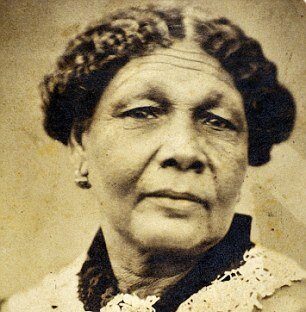
Mary Jane Seacole was born in 1805 in Kingston, Jamaica, to James Grant (a Scottish Lieutenant in the British Army and a member of Jamaica’s Free Black Community) and Mrs Grant (a healer who used traditional Caribbean and African herbal medicines).
By 1818, Mary, who was 12 years old at the time, was helping to manage a boarding house, where many of the guests were sick or injured soldiers. Mary travelled to London on her own in 1823 and remained there for two years. While in London, she was subjected numerous a lot of racist remarks. Her complexion was ridiculed by London boys, even though she described herself as “only a little” brown.
Mary married Edwin Horatio Hamilton Seacole in 1836, but he passed in 1844, shortly after Mary’s mother died. Panama was hit by a severe cholera outbreak in June 1852, and Seacole was called in to treat many of the victims. Mustard emetics and mercury chloride were among the treatments she employed.
In 1854, Seacole returned to England and applied to the War Office for a position as an army nurse in the Crimea, where it was known that medical facilities for injured troops were inadequate. However, Seacole was rejected, but she persisted and financed her own travel to Crimea, where she founded the British Hotel near Balaclava to provide ‘a mess-table and comfortable quarters for sick and convalescent officers.’ She also went to the battlefield to tend the injured, often under fire, and earned the title “Mother Seacole.” At the age of 76, Seacole died of a stroke on May 14, 1881, but her legacy lives on. A psychiatric intensive care centre known as ‘Mary Seacole House’ is now located in Birmingham’s city centre.
